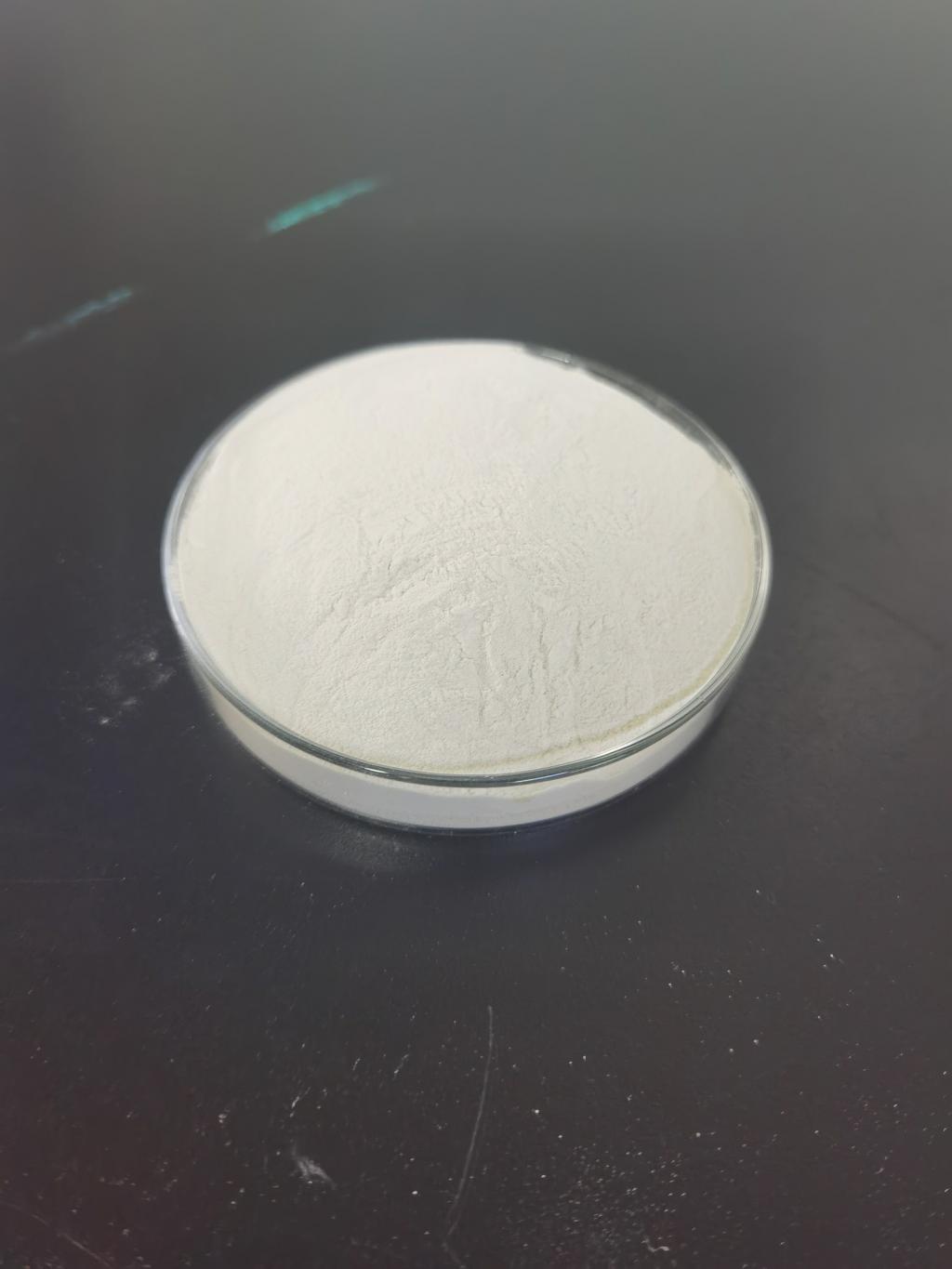Tel:+8618231198596

News
 CONTACT
CONTACT
 CONTACT
CONTACT
- Linkman:Linda Yao
- Tel: +8618231198596
- Email:linda.yao@dcpharma.cn
- Linkman:CHARLES.WANG
- Department:Overseas
- Tel: 0086 0311-85537378 0086 0311-85539701
News
Nisin Contribution to Sustainable Food Systems: A Pillar of Environmental Responsibility
TIME:2024-03-14
Understanding Nisin:
Nisin is a peptide produced by the bacterium Lactococcus lactis, commonly found in dairy products. Discovered in the 1920s, its antimicrobial properties were soon recognized and utilized in food preservation. Nisin acts by disrupting bacterial cell membranes, inhibiting their growth and proliferation. Unlike synthetic preservatives, nisin is natural, safe for consumption, and biodegradable, aligning well with sustainability principles.
Reducing Food Waste:
Food waste is a pressing issue globally, with significant environmental consequences. Nisin helps mitigate food waste by extending the shelf life of perishable goods. Its antimicrobial action inhibits the growth of spoilage microorganisms, thereby prolonging the freshness and edibility of food products. By reducing spoilage, nisin contributes to minimizing the amount of food discarded, thus conserving resources and reducing greenhouse gas emissions associated with food production.
Minimizing Chemical Additives:
Traditional food preservation methods often rely on synthetic chemicals, some of which raise concerns regarding their long-term environmental and health impacts. Nisin offers a natural alternative to these chemical additives. Its effectiveness in controlling microbial growth allows food producers to reduce or eliminate the use of synthetic preservatives, promoting cleaner labels and safer food products. Moreover, the biodegradability of nisin ensures minimal environmental persistence, unlike certain synthetic preservatives that can accumulate in ecosystems.
Enhancing Resource Efficiency:
The production of food involves significant resource consumption, including water, energy, and land. By extending the shelf life of food products, nisin contributes to resource efficiency throughout the supply chain. Longer shelf life means fewer instances of product spoilage and less frequent replenishment, reducing the overall demand for resources. Additionally, the use of nisin in preservation processes often requires lower temperatures or shorter processing times, leading to energy savings and lower carbon emissions.
Supporting Sustainable Agriculture:
Nisin's benefits extend beyond food preservation to agricultural practices. Its antimicrobial properties can be harnessed to combat bacterial diseases in crops and livestock. By reducing the reliance on chemical pesticides and antibiotics, nisin promotes more sustainable farming methods. Furthermore, its natural origin and biodegradability align with organic farming principles, offering a compatible solution for environmentally conscious agricultural practices.
Regulatory Considerations and Consumer Perception:
Despite its numerous advantages, the widespread adoption of nisin faces regulatory and consumer acceptance challenges. Regulatory agencies around the world typically require thorough safety assessments for food additives, including nisin. Clear regulations and guidelines are essential to ensure its safe and responsible use in food production. Moreover, consumer education plays a crucial role in fostering acceptance of nisin as a natural and sustainable food ingredient. Transparent labeling and communication can help build trust and confidence among consumers regarding the safety and benefits of nisin.
Future Directions and Innovation:
As awareness of sustainability issues continues to grow, there is increasing interest in exploring novel applications of nisin in food and agriculture. Research efforts are underway to enhance its efficacy, optimize production processes, and expand its potential uses. Additionally, advancements in biotechnology may enable the development of new antimicrobial peptides inspired by nisin, further diversifying the options for sustainable food preservation.
Conclusion:
Nisin represents a shining example of how nature-inspired solutions can address environmental challenges within the food industry. Its role in reducing food waste, minimizing chemical additives, enhancing resource efficiency, and supporting sustainable agriculture underscores its importance as a pillar of environmental responsibility. Moving forward, concerted efforts from stakeholders across the food value chain are essential to unlock the full potential of nisin and pave the way for a more sustainable future in food systems.
- Tel:+8618231198596
- Whatsapp:18231198596
- Chat With Skype







